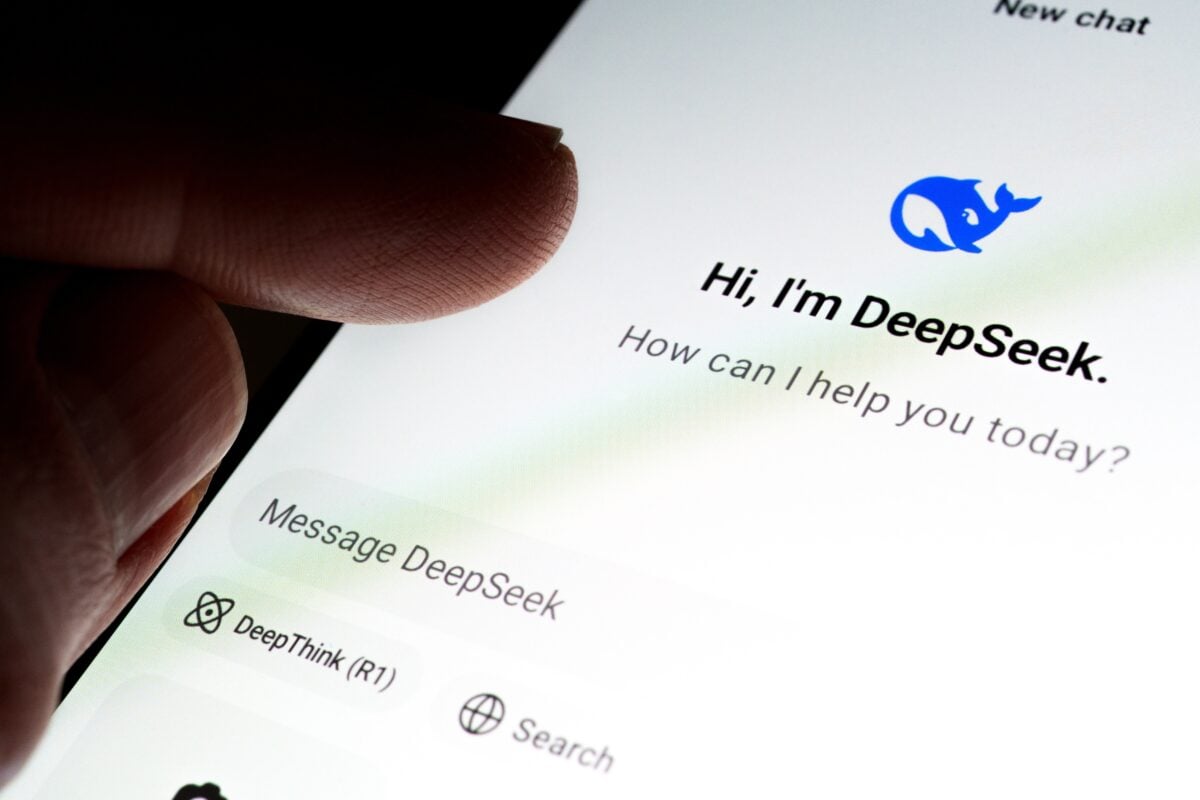TLDRs;
- DeepSeek ran internal checks on AI frontier risks, focusing on self-replication and cyber-offensive capabilities, sources told us.
- Unlike U.S. AI firms, Chinese companies rarely disclose findings of their frontier risk assessments, raising transparency questions.
- DeepSeek is preparing a new agent-focused AI model to rival OpenAI, with a potential launch in Q4 2025.
- With Alibaba and Tencent pouring billions into AI, DeepSeek faces pressure to balance safety focus with market competitiveness.
Hangzhou-based AI startup DeepSeek has conducted internal evaluations on what experts call “frontier risks” for advanced artificial intelligence systems, according to a person familiar with the matter.
These assessments reportedly focused on self-replication and cyber-offensive capabilities, two areas considered among the most sensitive in AI development due to their potential to create uncontrollable or harmful outcomes.
While the company did not disclose details of its findings, timing, or models involved, the move signals growing awareness within China’s AI sector about the risks associated with cutting-edge technology. Beijing has urged companies to take safety more seriously as AI systems become increasingly powerful and autonomous.
Limited transparency compared to US peers
Unlike U.S.-based AI leaders such as Anthropic and OpenAI, which routinely publish their frontier risk evaluations, Chinese companies generally keep such assessments private. This difference in transparency has sparked debates about accountability and international safety standards.
In July, a report from the state-backed Shanghai Artificial Intelligence Laboratory noted that no domestic AI model had yet reached thresholds that would warrant halting development.
However, it also pointed to the need for tighter safeguards in DeepSeek’s most recent systems, particularly against the risk of self-replication.
DeepSeek’s rise and new ambitions
Founded in Hangzhou, DeepSeek gained prominence in January 2025 when it launched its R1 reasoning model, which was praised for delivering OpenAI-level performance at a fraction of the cost.
Despite the achievement, the company has since released only incremental updates, while rivals in both China and the U.S. have accelerated new model launches.
Sources say the company is now working on a new agent-focused AI model expected to be unveiled in Q4 2025. Unlike traditional chatbots, this system will be designed to execute complex multi-step tasks, learn from past actions, and function with minimal human input. If successful, the model could position DeepSeek to compete directly with Western players pursuing similar agent-based technologies.
China’s competitive AI landscape
DeepSeek is one of 22 Chinese tech companies, a group that includes Alibaba, Baidu, and ByteDance, that have voluntarily pledged to uphold safety and security commitments for AI. But the company faces growing pressure from rivals with far deeper pockets.
Alibaba, for instance, has pledged 380 billion RMB ($52.9 billion) over three years to expand its AI and cloud infrastructure. Tencent and Baidu are also rolling out new models at what industry watchers describe as a “frenetic” pace.
DeepSeek’s more cautious development cycle may reflect its emphasis on safety, but analysts warn that unless it matches the scale of investment by its competitors, its ability to maintain early momentum could be at risk.







